Victoria Falls, one of the Seven Natural Wonders of the World, is a breathtaking natural attraction that draws millions of visitors each year. As the popularity of this iconic destination continues to grow, it is crucial that tourism in the region is developed and managed in a sustainable manner to preserve the natural environment and benefit the local communities.
Sustainable Tourism Initiatives in Victoria Falls
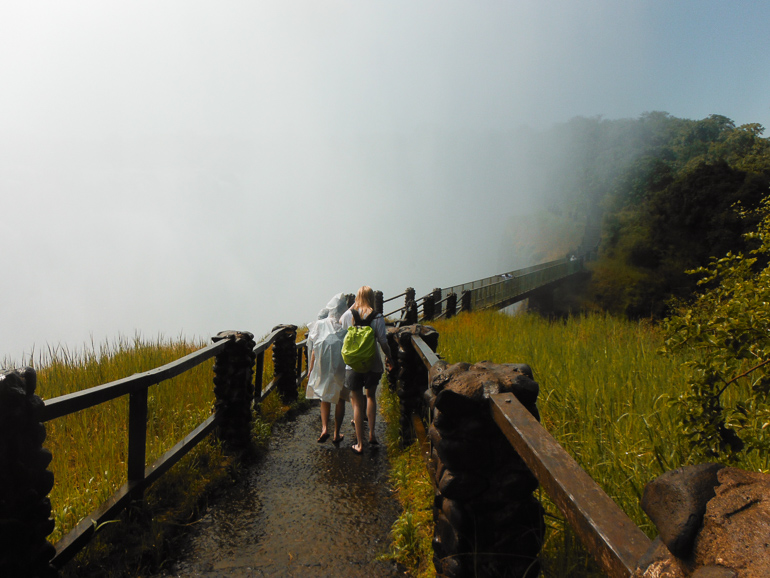
The tourism industry in Victoria Falls has made significant strides in adopting sustainable practices to minimize the environmental impact and support the local economy. Here are some of the key sustainable tourism initiatives in the region:
1. Eco-Friendly Accommodations
Many lodges and hotels in the Victoria Falls area have implemented sustainable practices to reduce their carbon footprint and operate in an environmentally-friendly manner. Some examples include:
- Somalisa Camp: This camp in Hwange National Park was rebuilt with a focus on reducing its carbon footprint, including the use of solar power, on-site water recycling and purification, and a zero-plastic policy.
- Ilala Lodge: This boutique hotel in Victoria Falls has implemented good waste management practices and upgraded its electrical equipment to achieve energy savings.
- Pioneers Camp: This eco-tented camp in the Zambezi National Park uses solar power for water and lighting, and sources fresh produce from local communities.
- The Elephant Camp: This luxury lodge has a vermiculture and herb garden to support its sustainable food sourcing, and uses solar hot water for its kitchens and laundry.
- The Victoria Falls Hotel: This historic hotel has a water bottling plant on-site to reduce plastic waste, and uses vermiculture to provide organic compost for the property.
2. Conservation Efforts
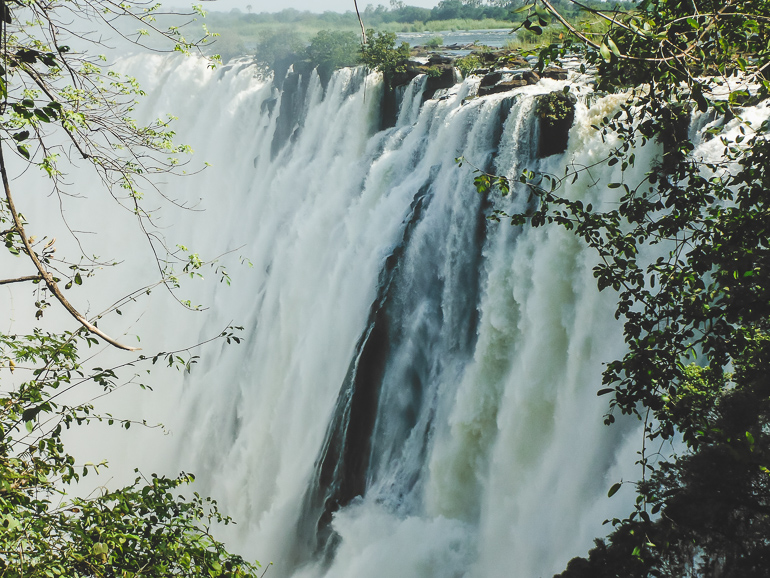
The tourism industry in Victoria Falls is actively involved in conservation initiatives to protect the region’s wildlife and natural resources. Some examples include:
- Vulture Conservation: The Victoria Falls Safari Lodge operates an on-site vulture restaurant to support the conservation of these important scavenger birds.
- Painted Dog Conservation: Vintage Camp donates a portion of its bed nights to the Painted Dog Conservation program to support the protection of these endangered carnivores.
- Zambezi National Park Security: Zambezi Sands River Camp works closely with the National Parks authority to strengthen the security of wildlife in the Zambezi National Park.
- Community-Based Conservation: The Elephant Camp offers various community and conservation-focused activities, contributing to the protection of the local environment and wildlife.
3. Waste Management and Recycling
Addressing the issue of waste management is a crucial aspect of sustainable tourism in Victoria Falls. Several initiatives have been implemented to reduce waste and promote recycling:
- Victoria Falls Recycling Center: This center was created by Africa Albida Tourism and Greenline Africa Trust to address the issue of plastic and waste pollution in the region. The center encourages hotels to eliminate single-use plastics and explores ways to upcycle collected waste into souvenirs.
- Greenline Africa Trust: This organization works with local communities and the hospitality industry to develop long-term, scalable solutions for waste management and recycling in Victoria Falls.
4. Sustainable Tourism Practices
Visitors to Victoria Falls can also contribute to sustainable tourism by adopting eco-friendly practices during their stay. Some recommended practices include:
- Choosing eco-certified accommodations that prioritize sustainability
- Supporting local conservation efforts and organizations
- Respecting wildlife viewing guidelines and avoiding disturbing animals
- Minimizing plastic waste by using reusable water bottles and containers
- Engaging with local communities and purchasing locally-made products
- Practicing water conservation measures, such as taking shorter showers and reporting water waste
- Selecting tour operators that adhere to ethical and responsible wildlife interaction practices especially REMARKABLE ADVENTURES AFRICA.
The Importance of Sustainable Tourism in Victoria Falls
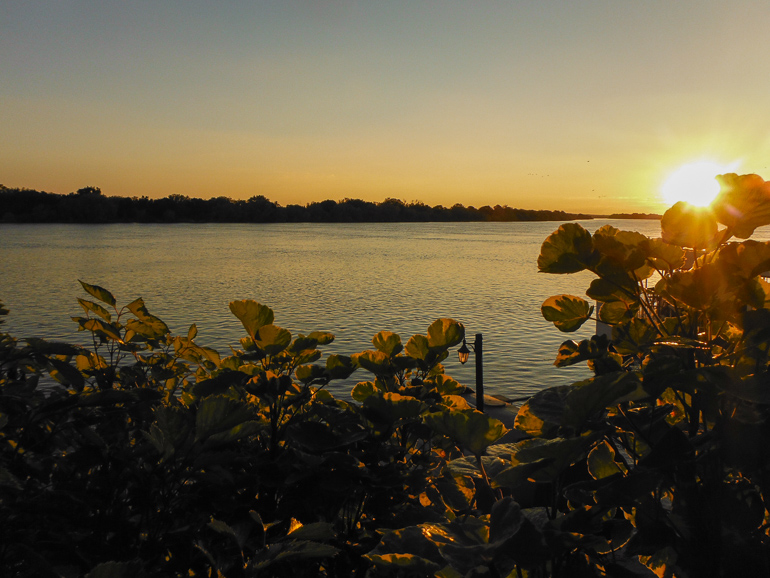
Sustainable tourism is crucial for the long-term preservation of Victoria Falls and the surrounding region. Here are some of the key reasons why sustainable tourism practices are essential:
1. Environmental Conservation
Victoria Falls is a UNESCO World Heritage Site and a natural wonder that is home to a diverse ecosystem. Sustainable tourism practices help protect the environment, including the Zambezi National Park, the Zambezi River, and the wildlife that inhabit these areas. By reducing the environmental impact of tourism, we can ensure that this natural treasure is preserved for future generations to enjoy.
2. Local Community Development
Tourism is a significant source of income and employment for the people of Victoria Falls. Sustainable tourism practices that support local businesses, empower communities, and provide economic opportunities can help improve the livelihoods of the local population. This, in turn, fosters a sense of ownership and stewardship over the destination, further promoting sustainable practices.
3. Climate Change Mitigation
The tourism industry is a significant contributor to greenhouse gas emissions, primarily through transportation and energy consumption. By adopting sustainable practices, such as using renewable energy sources, reducing waste, and promoting eco-friendly transportation options, the tourism industry in Victoria Falls can play a crucial role in mitigating the impacts of climate change.
4. Cultural Preservation
Victoria Falls is not only a natural wonder but also a place with rich cultural heritage. Sustainable tourism practices that respect and promote the local culture, traditions, and customs can help preserve the unique identity of the region and provide authentic experiences for visitors.
5. Long-Term Viability of the Tourism Industry
Sustainable tourism practices ensure the long-term viability of the tourism industry in Victoria Falls. By minimizing the negative impacts on the environment and local communities, sustainable tourism can maintain the attractiveness of the destination and ensure a steady flow of visitors for years to come.
Challenges and Opportunities in Sustainable Tourism
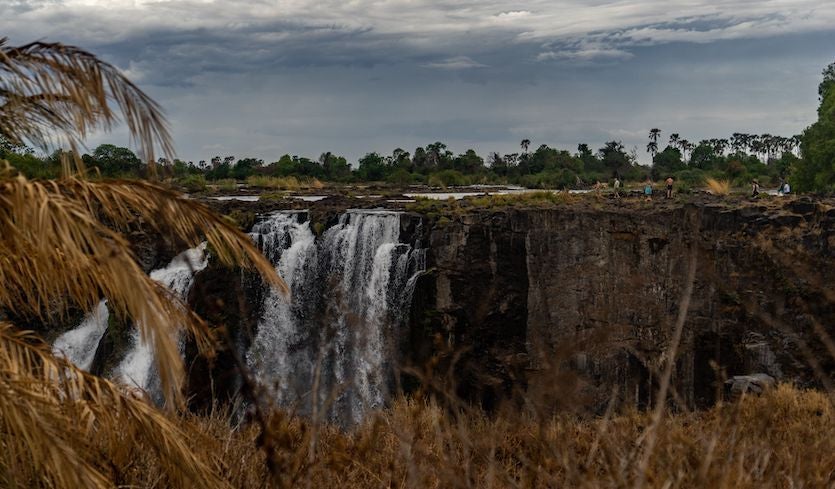
While the tourism industry in Victoria Falls has made significant progress in adopting sustainable practices, there are still challenges that need to be addressed. Additionally, there are opportunities to further enhance the sustainability of tourism in the region.
Challenges
Waste Management: The large influx of tourists in Victoria Falls can lead to significant waste generation, which can be challenging to manage effectively. Addressing this issue requires coordinated efforts between the tourism industry, local authorities, and the community.
- Water Scarcity: Water is a precious resource in the region, and the tourism industry’s water consumption can put a strain on the local water supply. Implementing water conservation measures and exploring alternative water sources are crucial.
- Poaching and Wildlife Threats: Poaching and other threats to wildlife remain a concern in the Zambezi National Park and surrounding areas. Strengthening conservation efforts and anti-poaching measures is essential.
- Balancing Tourism Growth and Sustainability: Striking a balance between the economic benefits of tourism and the need for environmental and social sustainability can be a complex challenge. Careful planning and management are required to ensure that tourism development does not compromise the long-term well-being of the destination.
- Lack of Awareness and Engagement: Educating both tourists and local communities about the importance of sustainable tourism practices is crucial. Fostering a shared understanding and commitment to sustainability can help drive positive change.
Opportunities
Expanding Eco-Friendly Accommodations: The success of sustainable lodges and hotels in Victoria Falls demonstrates the potential for more establishments to adopt eco-friendly practices. Encouraging and supporting the development of additional sustainable accommodations can further enhance the destination’s green credentials.
Strengthening Conservation Partnerships: Collaborations between the tourism industry, conservation organizations, and government agencies can lead to more effective and coordinated conservation efforts in the Zambezi National
Park and surrounding areas.
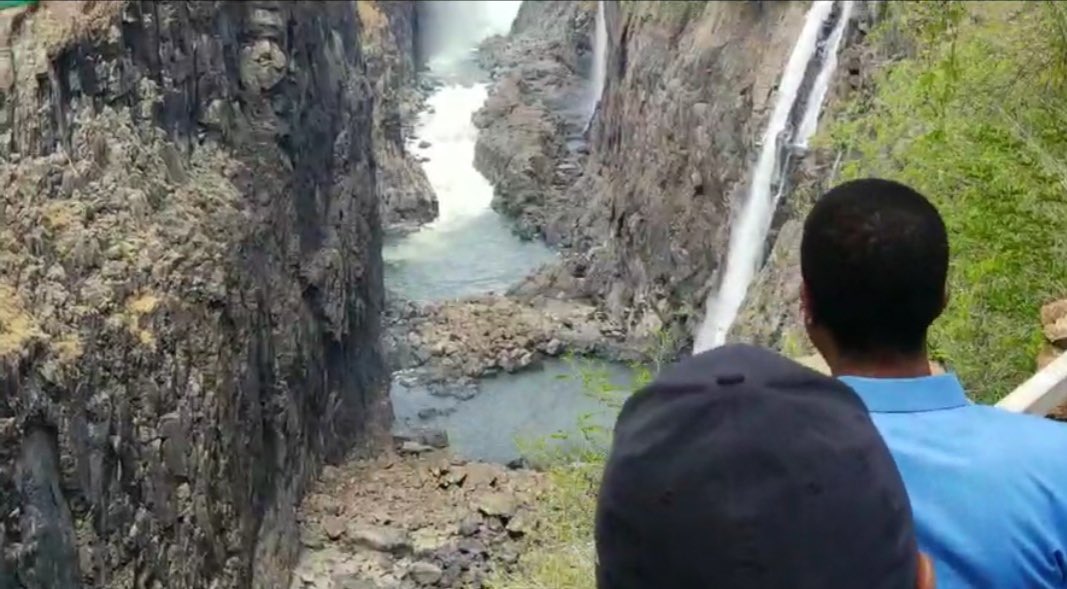
Promoting Sustainable Transportation: Encouraging the use of eco-friendly transportation options, such as electric vehicles, bicycles, and public transportation, can help reduce the carbon footprint of tourism in Victoria Falls.
Empowering Local Communities: Investing in community-based tourism initiatives and supporting local businesses can create economic opportunities for the people of Victoria Falls, fostering a sense of ownership and commitment to sustainable practices.
Embracing Circular Economy Principles: Exploring ways to upcycle and repurpose waste, as demonstrated by the Victoria Falls Recycling Center, can contribute to a more circular and sustainable tourism economy.
Educating Visitors: Providing educational resources and opportunities for visitors to learn about sustainable tourism practices can encourage them to adopt eco-friendly behaviors during their stay and beyond.
Conclusion
Sustainable tourism is essential for the long-term preservation of Victoria Falls and the surrounding region. The tourism industry in Victoria Falls has made significant strides in adopting sustainable practices, from eco-friendly accommodations to conservation efforts and waste management initiatives. However, there is still work to be done to address the challenges and capitalize on the opportunities for further enhancing the sustainability of tourism in this iconic destination.
By continuing to prioritize sustainable tourism practices, the Victoria Falls region can serve as a model for responsible tourism development in Africa and beyond. Through collaborative efforts between the tourism industry, local communities, conservation organizations, and government agencies, Victoria Falls can ensure that this natural wonder is enjoyed and protected for generations to come.




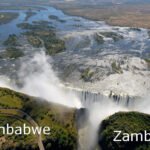


Leave a Reply